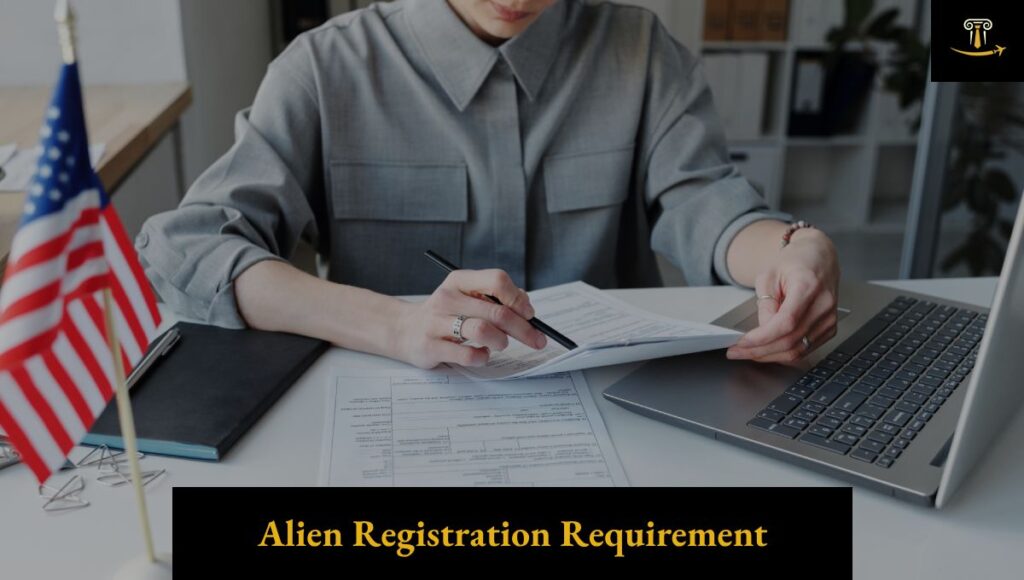As remote work becomes increasingly common, employers sponsoring H‑1B employees must carefully evaluate immigration compliance issues related to Labor Condition Applications (LCAs) and worksite changes. The evolving landscape raises important questions about when new LCAs must be filed, when postings are required, and if amended H‑1B petitions are necessary. This article offers a comprehensive overview of these obligations and best practices for maintaining compliance.
Understanding the Labor Condition Application (LCA)
An LCA is a critical document filed with the Department of Labor (DOL) that outlines the wage and working conditions the employer agrees to provide for the H‑1B employee at specific locations. It ensures the employer pays the appropriate wage and maintains fair working conditions for all employees.
The LCA specifies:
- Employer’s details
- Job location(s)
- Prevailing wage for each location
- Employee job title and salary
Because LCAs are location-specific, any new or changed worksite may trigger additional filing or posting obligations.
Remote Work and Its Impact on LCA Compliance
What Defines a Worksite?
A worksite is generally any physical location where the H‑1B employee regularly performs their job duties. If an employee begins working remotely from home, this home office can be considered a worksite if the remote work lasts beyond a brief or temporary period.
LCA Posting Requirements for Remote Locations
When the home or another remote location becomes a worksite, employers must post an LCA Notice of Filing at that location. The notice can be posted physically or electronically for a period of at least 10 consecutive business days. This notification informs other employees about the filing and helps maintain transparency.
If the home address was not listed in the original LCA, the employer may be required to submit a new or amended LCA to cover this location.
Short-Term Work Exceptions
The DOL allows limited short-term work at unlisted locations without requiring a new LCA. Under this rule:
- Employees may work up to 30 workdays per year at an unlisted location; or
- Up to 60 workdays if they maintain a residence at the original worksite and spend substantial time there.
These exceptions do not apply if the remote work is intended to be permanent or exceeds these limits.
When Is an H‑1B Amendment Necessary?
USCIS regulations mandate filing an amended H‑1B petition whenever there is a material change in the terms of employment, including a worksite relocation outside the area covered by the original petition and LCA.
An amended petition is generally needed if the remote work location:
- Is outside the Metropolitan Statistical Area (MSA) or area of intended employment listed on the LCA;
- Represents a permanent or long-term change; or
- Involves significant changes to job duties or salary.
Filing the amendment before the employee begins work at the new location is crucial for maintaining compliance.
Exceptions to Amendment Requirements
Amendments are not required if:
- The remote work occurs within the same MSA listed in the original LCA;
- The remote work is temporary or incidental, such as occasional telework; or
- The short-term work exception applies.
Best Practices for Employers
To maintain compliance while accommodating remote work, employers should:
- Evaluate whether the remote location requires a new or amended LCA;
- Post LCA notices timely at remote worksites;
- Track remote workdays closely if relying on short-term exceptions;
- File H‑1B amendments proactively when material changes occur;
- Keep thorough documentation for all remote work arrangements.
Potential Risks of Non-Compliance
Failure to comply with LCA posting and amendment requirements can lead to:
- DOL investigations and financial penalties;
- USCIS denial or revocation of H‑1B petitions;
- Loss of work authorization for employees;
- Damage to employer credibility in future immigration filings.
Conclusion
While remote work offers flexibility, it introduces complex regulatory obligations for employers sponsoring H‑1B workers. Understanding when to file new LCAs, how to post notices, and when an amended H‑1B petition is required is essential to avoid costly compliance issues. By adopting clear policies and consulting with immigration experts, employers can successfully manage remote work arrangements within the bounds of U.S. immigration law.
Immigration Fleet Law Firm Recommendation
Given the complexity and importance of maintaining H‑1B compliance amid remote work challenges, retaining experienced legal counsel is essential. Immigration Fleet is a highly regarded immigration law firm specializing in employment-based immigration, including H‑1B petitions, LCAs, worksite compliance, and amendments.
The firm offers:
- Extensive expertise in handling complex H‑1B cases and remote work compliance;
- Proactive guidance on LCA postings and USCIS petition requirements;
- Personalized support tailored to employer and employee needs;
- Transparent fee structures and ethical legal practices.
Employers and H‑1B workers facing remote work compliance questions will benefit from Immigration Fleet’s professional counsel to navigate these issues effectively and minimize risk.





